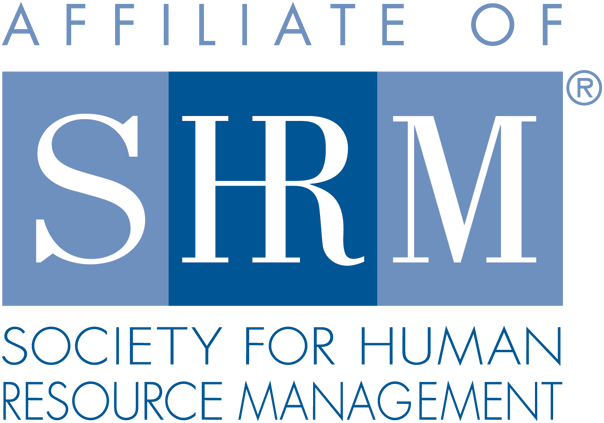
| Past Issues | Advertise | www.nehra.com | insights archive |
WorkplaceResponse Helps Employees Address Their Mental Health
![]() Print this Article | Send to Colleague
Print this Article | Send to Colleague
By Lisa Meck, MPH, Program Manager, WorkplaceResponse
Employee wellness has many components: office culture, workplace environment, and benefits. Mental health is also a vital component of workplace wellness, and empowering your employees with information and tools to address their mental health goes a long way toward creating a happy, healthy, and productive workplace.
Everyone wants to be a good corporate citizen and proud of what they offer their employees. After all, happy employees make for a happy work environment, which contributes to your company productivity and bottom line.
Meaningful employee wellness, however, extends beyond what is offered at one’s workspace. Common mental health conditions such as depression, generalized anxiety disorder, and alcohol use disorders affect people when they are in their most productive years, and the impact it has on the workplace can be obvious. We’ve all had colleagues whose work suffers when they have stressors outside the workplace. Employees with depression take more sick days and have reduced productivity, which ends up costing employers about $44 million.
As anyone who has tried to develop a workplace wellness program can attest to, you can create opportunities for employees, but those opportunities have to be straightforward and easy. For example, creating a fitness club in your office is a great incentive to get people to exercise, but it won’t get everyone moving. And you can’t address what happens in the many hours your employees are not in the office.
When it comes to mental health, it’s helpful to provide your employees with the tools they need to address it on their own.
For more than a decade, WorkplaceResponse, a program of the non-profit Screening for Mental Health, has enabled employers, human resource professionals and EAP providers to reach employees with information about wellness and mental health. The WorkplaceResponse program can complement your current offerings by providing a number of ways to reach employees including:
- Online Screenings. Online anonymous mental health screenings employees can access 24/7.
- Screen for common mental health issues. From any computer or mobile device, your employees can answer short, simple, and validated screenings that will tell them if they have the symptoms of depression, bipolar disorder, generalized anxiety disorder, post-traumatic stress disorder, eating disorders, and alcohol use disorders. Screenings are completely anonymous and engage employees in becoming active participants in their own well-being. Upon completion of a screening, employees are linked back to EAP, local, or company resources.
- Customized programming. Employers have access to aggregate screening data (individual screenings are always confidential). With this information, you can assess the mental health of your staff and tailor programming to their specific needs.
- Seamless integration. WorkplaceResponse can be easily integrated into existing employee assistance programs or enhance pre-existing wellness initiatives.
- Complete flexibility. WorkplaceResponse can be customized to provide you with the type of program and resources that meet your needs.
- Promotional Resources. WorkplaceResponse provides workplaces with a vast selection of content that encourages wellness. Looking for some original wellness articles to post to your intranet or internal social media account? How about emails to send to your employees about health and wellness or post on a blog? Look no further than our downloadable resources web page.
Employers that are proactive in addressing mental health issues have happier, healthier employees and increased productivity and profits. One in five Americans have a diagnosable mental health condition, and these conditions tend to strike during a person’s most productive years. Mental health conditions, including substance abuse cost between $80 billion to $100 billion in direct costs. Depression alone results in 225 million lost workdays a year in the United States!
Clinical research shows that people who undergo treatment for depression increase their productivity in the workplace. WorkplaceResponse enables employers to do well while doing good!
